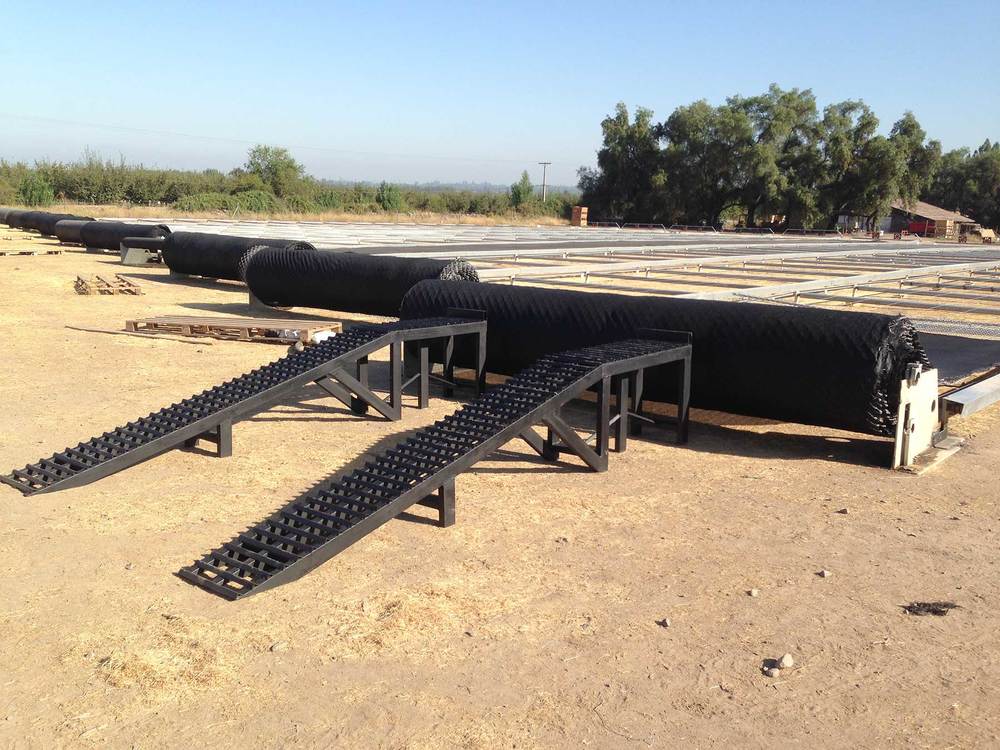Solar fruit drying tech a boon for food safety, sustainability

A Chilean-Swiss invention shows promise for the dried fruit industry, with possible patent expansions in the pipeline in Australia and South Africa.
Founded in 2011 by Cristián Valdés and Sébastien Jacot-Descombes, the aim of CK2's Natural Solar Drying system was to achieve the same effect as more advanced technologies but at a lower cost to the producer's hip pocket and the environment.
The process involves putting a 55m x 4m (180ft x 13ft) conveyor belt underneath a 1.2m (3.9ft) high greenhouse, and utilizing a series of fans.
"The solar tunnels are designed for plums, but this year we did a pilot plant where we tried cherries, blueberries, peaches and rapes," Valdés told www.freshfruitportal.com, adding the system allowed for improving scale in increments.
For blueberries it takes two days to dry, while it takes a bit longer for others like cherries and peaches (three days), prunes (three to five days) and raisins (five to six days). Once they're ready, the conveyor belt is activated to load the product into a container.
"It's a simple design which allows you to dry at a low-cost and in a scalable way at an industrial level. It's a tunnel that can be armed and disarmed, so you can change location," he said.
One of the technology's benefits is that it provides controlled conditions, so producers don't run risks in the case of losses from rain.
"There are a number of risks that this system reduces to zero," he said, highlighting how the alternative of open-field drying can also expose the fruit to contamination from dust or animals.
"Safety and quality are the same as for fruit that comes from a combustion furnace, but the benefit is that we use sustainable energy at a lower cost."
The technology is currently in the patenting process in Switzerland, while its founders describe it as unique in Chile and globally. Next up in the patenting process will probably be Australia and South Africa.
Valdés added the tunnels had a capacity to dry 2.5 metric tons (MT) of prunes, while the system would be initially aimed at small growers with a reference price of US$9,000.





















































